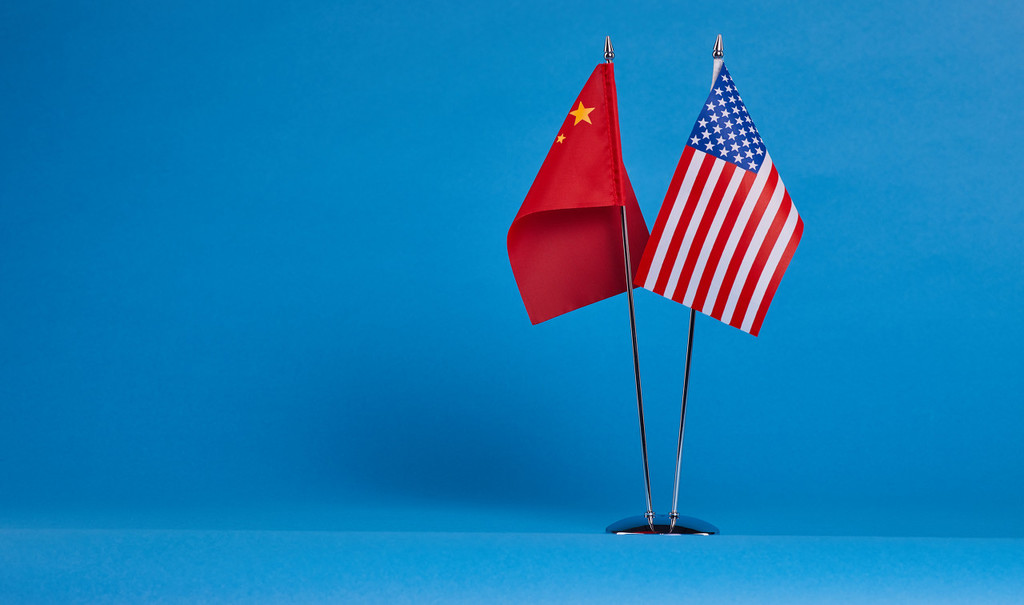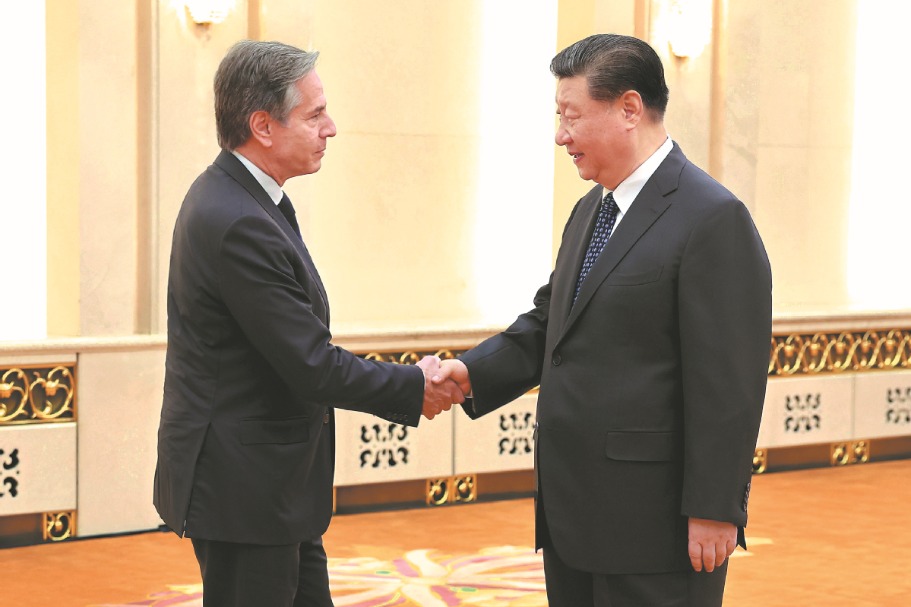Washington's bet on 'maximum pressure' will not pay off: China Daily editorial
chinadaily.com.cn | Updated: 2019-08-02 20:55

For some countries, the more things change the more they remain the same. Indeed, the US leader's tweet saying Washington intends to impose 10 percent tariffs on the remaining $300 billion of Chinese imports the day after the 12th round of trade talks in Shanghai concluded on a "constructive" note, according to the US negotiators, must have left many with a strong sense of déjà vu.
Déjà vu or not, the US' latest tariff move, which will take effect on Sept 1, deviates from the right track. And contrary to what the US believes, it will not only harm bilateral trade but also hurt American businesses, as some have been quick to point out. China will be compelled to take necessary countermeasures to safeguard its interests if the US goes ahead and imposes the additional tariffs.
That the US move seriously violates the consensus reached by the two heads of state on the sidelines of the Osaka G20 Summit is clear. As is the hackneyed US excuse for imposing the new tariffs. By claiming that Beijing had agreed to purchase agricultural products from the US in larger quantities but did not do so, the US leader seems to be saying no matter what Beijing does, the US will always find an excuse to levy punitive tariffs.
For the fact is, Chinese importers have been inquiring about agricultural product prices with US sellers, and have even struck some deals. Trade deals, after all, are not finalized overnight. Nor can products be imported in a jiffy.
As for the US leader's claim that China has not fulfilled its promise of stopping the sales of fentanyl to the US, the least said the better. Fentanyl is a legal drug used to treat chronic pain, and before, during and after surgery. US companies legally import fentanyl as a painkiller, especially for patients suffering from serious diseases like cancer. How some of the imports end up with drug addicts is something US law enforcers are liable to answer.
Instead of blaming China for all its ills, it's time the US did some introspection. China has always remained true to its commitments. But it takes two to tango.
Despite the symbolic statement on the possibility of easing the ban on Huawei, the US has not taken any concrete actions to remove the high-tech giant and other Chinese companies from its Entity List.
The US has made it a policy to put "maximum pressure" on other countries so they accede to its demands — but the tactic will never work against China. And although China has been forced to take countermeasures against the US to safeguard its core interests, it has always exercised considerable restraint and kept the door open for talks.
US decision-makers seem obsessed with the thought that China will cave in under US pressure. For their information, Beijing has no reason to buckle under Washington's "maximum pressure" just because the Chinese economy has slowed a bit.
The Chinese economy is resilient enough to withstand the effects of the US tariffs. More important, the US cannot easily find replacements for the $300 billion of Chinese imports, as more than 60 percent of them are everyday consumer goods. Which means the US is in a state of denial about the huge collateral damage it would suffer because of its trade war.
Dealing with the incumbent US administration for two and a half years, China knows full well that give Washington an inch and it'll take a mile.
Negotiations must be conducted on an equal footing, which is also the consensus the two countries' leaders reached at their meeting in Osaka on June 29.
The US leader also promised not to levy new tariffs on Chinese imports. Is he accusing China of not keeping its promise to cover his excuses?
The US tariff move also raises doubts about how the next round of talks scheduled for September in Washington will fan out. True, Washington looks forward to continuing its positive dialogue with China on a comprehensive trade deal, is optimistic about striking a deal and believes the future for bilateral relations is bright. But since the new punitive tariffs will take effect days before the talks, how can the "future" be bright?
It is hoped therefore that the US corrects its mistakes, because intensifying the tariff is in neither party's interests.
























